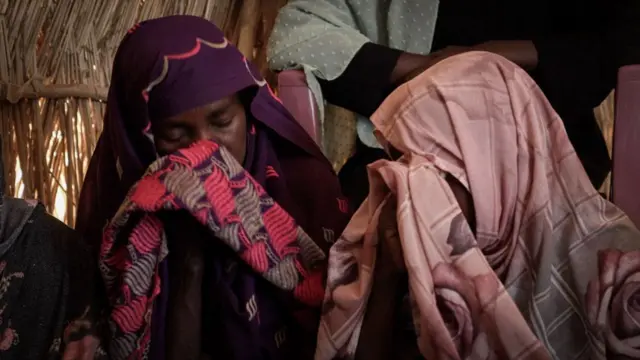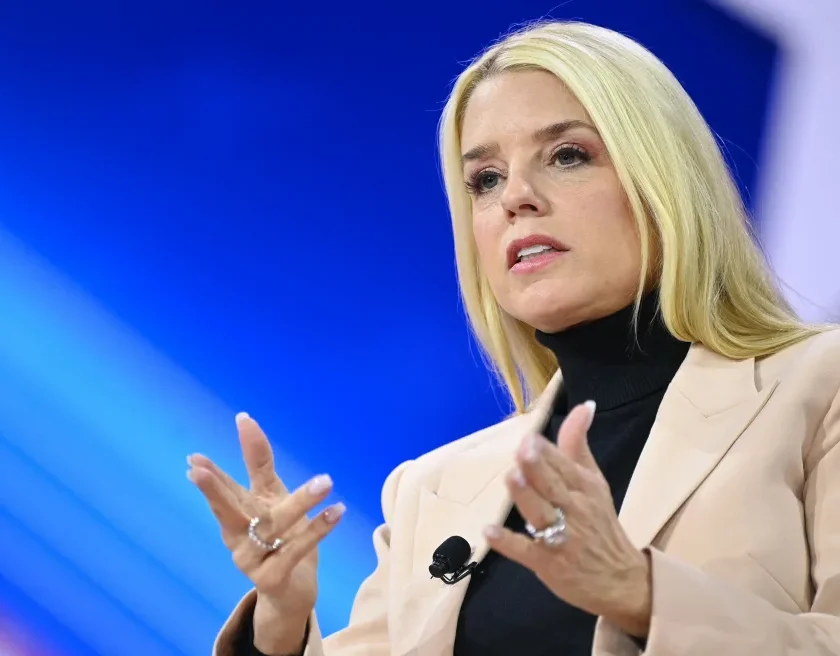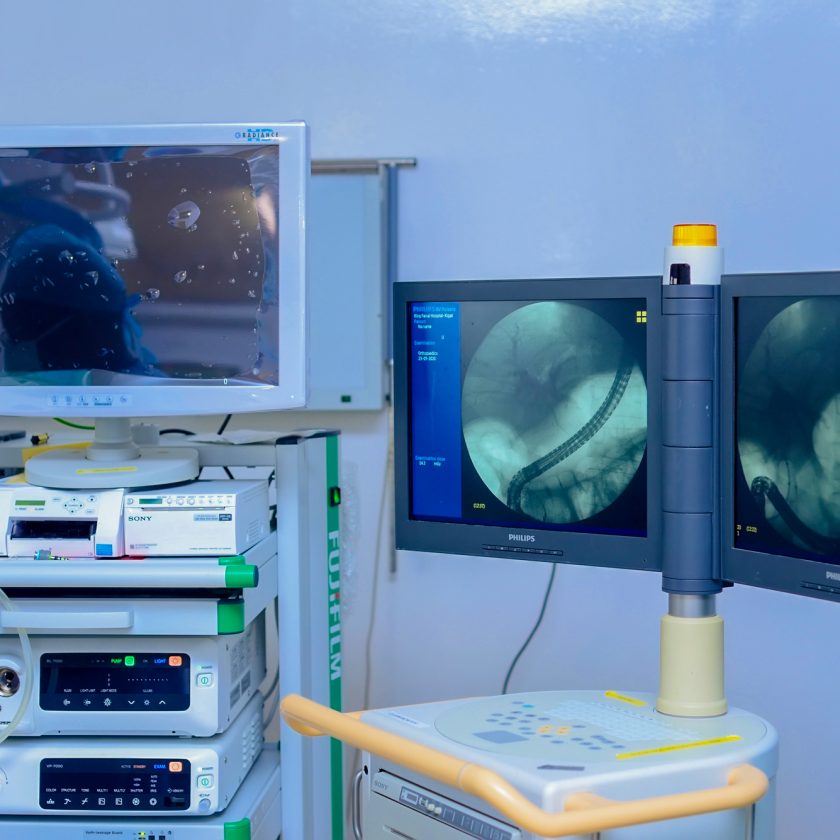As Sudan remains embroiled in a devastating civil conflict, stories of atrocities continue to emerge. Among the most harrowing are accounts of widespread sexual violence, a weapon often wielded in war to devastate communities. Victims, primarily women and children, face physical and psychological trauma, yet these crimes frequently go unpunished.
This investigative piece seeks to uncover the scale of sexual abuse during the war in Sudan, spotlight survivors’ voices, and hold perpetrators accountable.
The Scale of the Crisis
Statistics: Although comprehensive data is scarce due to the chaos of war, humanitarian organizations report a significant rise in cases of sexual violence, particularly in conflict zones such as Darfur and Khartoum. A 2024 report by the United Nations documented over 3,000 cases of sexual violence in the first half of the year, with actual numbers likely much higher due to underreporting.
Targeted Groups: Women and girls are disproportionately affected, with many incidents occurring during attacks on villages, in refugee camps, or at military checkpoints. Boys and men have also reported abuse, breaking longstanding taboos around male victimization.
Survivor Testimonies
Asha’s Story: A 19-year-old from Darfur recounts, “When the soldiers came, they killed my father and brothers. They took the women into a house. They raped me and my cousin repeatedly. I still hear their laughter in my nightmares.”
Anonymous Male Survivor: A young man, assaulted in a detention center, shared, “They used my body to humiliate me. They knew no one would believe a man could be raped. I still cannot speak openly about what happened.”
Many survivors live with shame, stigma, and untreated trauma, often rejected by their communities or families.
Weaponizing Sexual Violence
Experts describe sexual abuse in Sudan as a deliberate strategy:
Instilling Fear: Militias and armed groups use rape to terrorize communities into submission.
Destroying Social Fabric: Perpetrators target women, not only to harm individuals but also to destabilize families and communities.
Impunity: Lack of accountability emboldens perpetrators. Reports indicate that armed forces, militias, and even international peacekeepers are implicated.
Challenges in Addressing Sexual Abuse
Stigma and Silence: Cultural taboos prevent survivors from reporting abuse or seeking help.
Lack of Access to Justice: Courts and legal systems have collapsed in many areas, leaving victims with no recourse.
Insecurity for Aid Workers: Humanitarian agencies offering medical and psychological support face severe restrictions and violence.
Ongoing Efforts and Solutions
Despite the challenges, some initiatives are providing a glimmer of hope:
Local Organizations: Grassroots groups like The Sudanese Women’s Rights Network are offering safe spaces for survivors and advocating for justice.
International Advocacy: The International Criminal Court (ICC) has promised to investigate allegations of sexual violence as war crimes.
Emergency Medical Aid: Mobile clinics supported by NGOs are reaching survivors in remote areas, providing post-rape care and counseling.
A Call for Accountability
The widespread sexual violence in Sudan’s war zones highlights the need for urgent international intervention. Governments, humanitarian agencies, and global watchdogs must work collectively to:
Document and prosecute crimes.
Protect survivors from stigma and retaliation.
Address the root causes of gender-based violence in conflict.
As one activist put it, “The world must not look away. These survivors deserve justice, dignity, and the chance to heal.”
STORY WRITTEN BY KAYITESI ANGE/ BASED ON VARIOUS DOCUMENTARIES EXPLORING GENDER-BASED VIOLENCE AGAINST CHILDREN AND WOMEN IN SUDAN






